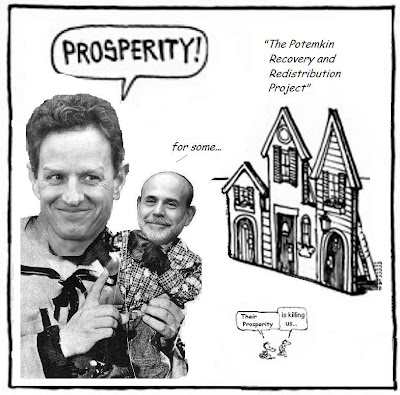 Torches on the right, and pitchforks on the left.
Torches on the right, and pitchforks on the left.
Have a happy Memorial Day weekend to all our readers in the States. US markets will be closed on Monday.
Perhaps a reminder that the freedom won by those who came before us at so dear a price should not be dealt away so easily out of fear and greed.
"But, in a larger sense, we can not dedicate - we can not consecrate - we can not hallow - this ground. The brave men, living and dead, who struggled here, have consecrated it, far above our poor power to add or detract. The world will little note, nor long remember what we say here, but it can never forget what they did here. It is for us the living, rather, to be dedicated here to the unfinished work which they who fought here have thus far so nobly advanced. It is rather for us to be here dedicated to the great task remaining before us - that from these honored dead we take increased devotion to that cause for which they gave the last full measure of devotion - that we here highly resolve that these dead shall not have died in vain - that this nation, under God, shall have a new birth of freedom - and that government of the people, by the people, for the people, shall not perish from the earth."
CentralBankNews.comWhy the regional feds are up in arms22 May 2009
A number of presidents of regional Federal Reserve banks and senior staff have recently expressed dissent from the official line taken by the US authorities in managing the banking crisis.
This development may surprise central bankers in other countries, used as they are to enforcing conformity among officials of their organisation to the official line. It would be astonishing, for example, if several governors of euro-area central banks were to suddenly challenge Jean-Claude Trichet's handling of the crisis or the crisis management policies of governments of euro member states. Collective responsibility and cover-ups are the watchwords in Europe.
The heads of the district fed banks are particularly concerned with the inequities and inefficiencies arising from official protection of banks deemed too big to fail.
Hoenig speaks out -
In April, Tom Hoenig, president of the Kansas City Fed, said that actions that had been taken in an attempt to protect the largest US institutions from failure risked "prolonging the crisis and increasing its cost."
Support for firms considered too big to fail had provided them with a competitive advantage and subsidised their growth with taxpayer funds. They were, he said, not only too big but also "too complex and too politically influential to supervise on a sustained basis without a clear set of rules constraining their actions."
To those who might be surprised at such forthright criticism from a senior official, he reminded his listeners that the 12 regional banks were set up by Congress "specifically to address the populist outcry against concentrated power on Wall Street." He added: "Its structure reflects the system of checks and balances that serves us well at all levels of government, and it is the reason I am here today able to express an alternative view."
- Lacker protests
A few weeks later another senior Federal Reserve official also asserted that the implicit guarantee that the government would step in and save those institutions deemed too big to fail was a key cause of the current economic malaise.
Speaking at the Asian Banker Summit in Beijing on 11 May, Jeffrey Lacker, president of the Richmond Fed, said that the existence of the financial safety net created incentives for too-big-to-fail institutions to pay little attention to some of the biggest risks.
"Their tendency to underprice such risk exposures reduces market participants' incentive to prepare against and prevent the liquidity disruptions that are financial crises, thus increasing the likelihood of crises."
It was, Lacker said, "worth noting that some large firms that appear to have benefited from implicit safety-net support were heavily involved in the securitisation of risky mortgages."
Lacker said that the implicit belief that some institutions were too big to fail had built up over the years in response to a series of events and government actions involving large financial institutions.
- and Stern maintains his criticism
Gary Stern, the president of the Minneapolis Federal Reserve has also been a vociferous critic of the Fed's bank bailouts. Writing with Ron Feldman, the senior vice president for supervision, regulation and credit at the Minneapolis Fed, for a book entitled Towards a New Framework for Financial Stability (published by Central Banking Publications), Stern said that the Fed was right to come to Bear's rescue, but criticised the decision to expand its safety net as "not subtle or implied." "Uninsured creditors of other large financial firms may now have heightened expectations of receiving government support if these firms get into trouble," he said.
More recently, in a statement to the Committee on Banking, Housing and Urban affairs on 6 May, Stern returned to the subject: "If policymakers do not address TBTF [too big to fail], the United States will likely endure an inefficient financial system, slower economic growth, and lower living standards than otherwise would be the case."
Gary Stern is retiring as he turns 65 in a few months, the mandatory retirement age for senior officials in the reserve banks.
Contrary to public perception, the 12 regional Fed banks are not government agencies. Nor are they private banks. Each is owned by member commercial banks.























































